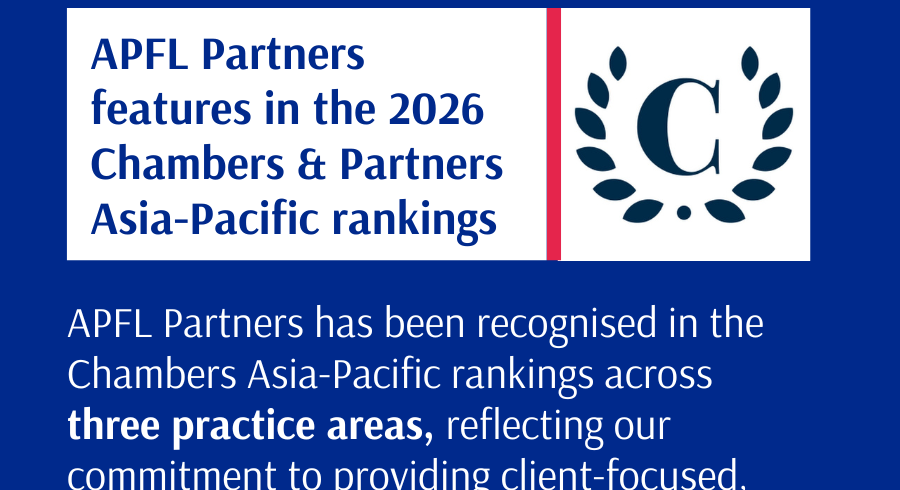US Continues to Consider Vietnam a Non-market Economy

Three months ago, we highlighted the beginning of a US Department of Commerce hearing into whether the US government would consider Vietnam a “market economy”. If approved, this would have aligned the US with 72 other countries around the world who recognise Vietnam as a market economy – including major trading partners such as the UK, Japan, and Australia – helping to reduce anti-dumping duties against Vietnamese exports and making these products more competitive in the lucrative US market.
Vietnam remains a non-market economy (“NME”)
The US Department of Commerce report, published on 1 August in the first such review since 2002, recognises Vietnam’s “impressive reforms and economic growth.” However, it goes on to note that “persistent structural and institutional issues… remain” and, in particular, that “extensive and pervasive government involvement in Vietnam’s economy… distorts Vietnamese prices and costs and, ultimately, renders them unusable for purposes of calculating U.S. AD duties.”
The determination of NME is based on six factors, according to the US Tariff Act 1930, and also followed public comments and data from the government of Vietnam and international bodies such as the World Bank and the IMF. The six factors are: (i) currency conversion; (ii) freedom in wage negotiations; (iii) the freedom for foreign companies to invest or form joint enterprises; (iv) government control over materials; (v) government control over prices and resource allocation, and; (vi) other factors considered appropriate.
On currency conversion, for instance, the report acknowledges the progress made since its last report over two decades ago, including a gradual reduction of government influence over the valuation of VND. However, the report also contains continued concerns over foreign exchange interventions and the independence of the State Bank of Vietnam (“SBV”).
Likewise, the US remarks on “notable labour reforms” including the 2019 Labour Code which “helped enhance worker protections and promote fairer labour practices” and, for the first time, allowed independent trade unions and collective bargaining. However, the report also notes that issues remain in ensuring the rights of workers to organise and bargain together.
Meanwhile, the report recognises that “market-oriented reforms intended to open Vietnam’s economy to foreign investment have been considerable, culminating in an investment climate that the OECD has characterised as being one of the most open in Southeast Asia.” However, foreign investors continue to face barriers, such as so-called “conditional” or restricted sectors and issues around intellectual property rights (“IPR”).
The US decision to continue categorising Vietnam as an NME is based on a consideration of all six factors in the round, rather than one factor in particular. However, despite this decision, it notes the positive progress Vietnam has made since the last determination in 2002.
“These reforms have helped make its national currency, the dong, more readily convertible, increased Vietnam’s openness to foreign investment, and gradually reduced government ownership over the means of production within the economy. As a result, the dong is now more responsive to market forces, Vietnam has become one of the most open economies in Southeast Asia for investment, and the size of state sector has slowly decreased.”
Vietnam remains attractive to foreign investors
Despite this decision, Vietnam remains an attractive place in which to invest and do business, as we have written before. Market liberalisation and legislative reform continues, with Vietnam growing more aligned with international standards in areas ranging from consumer protection to credit institutions and from carbon trading markets to extended producer responsibility.
For more information about the opportunities of investing in Vietnam, or advice on navigating the issues the US Department of Commerce highlights in its report, contact us on: contact@apflpartners.com
Disclaimer: This article and its content are for information only and are not given as legal or professional advice. they do not necessarily reflect all relevant legal provisions with respect to the subject matter. Readers should seek legal or professional advice before taking or refraining to take any action.


